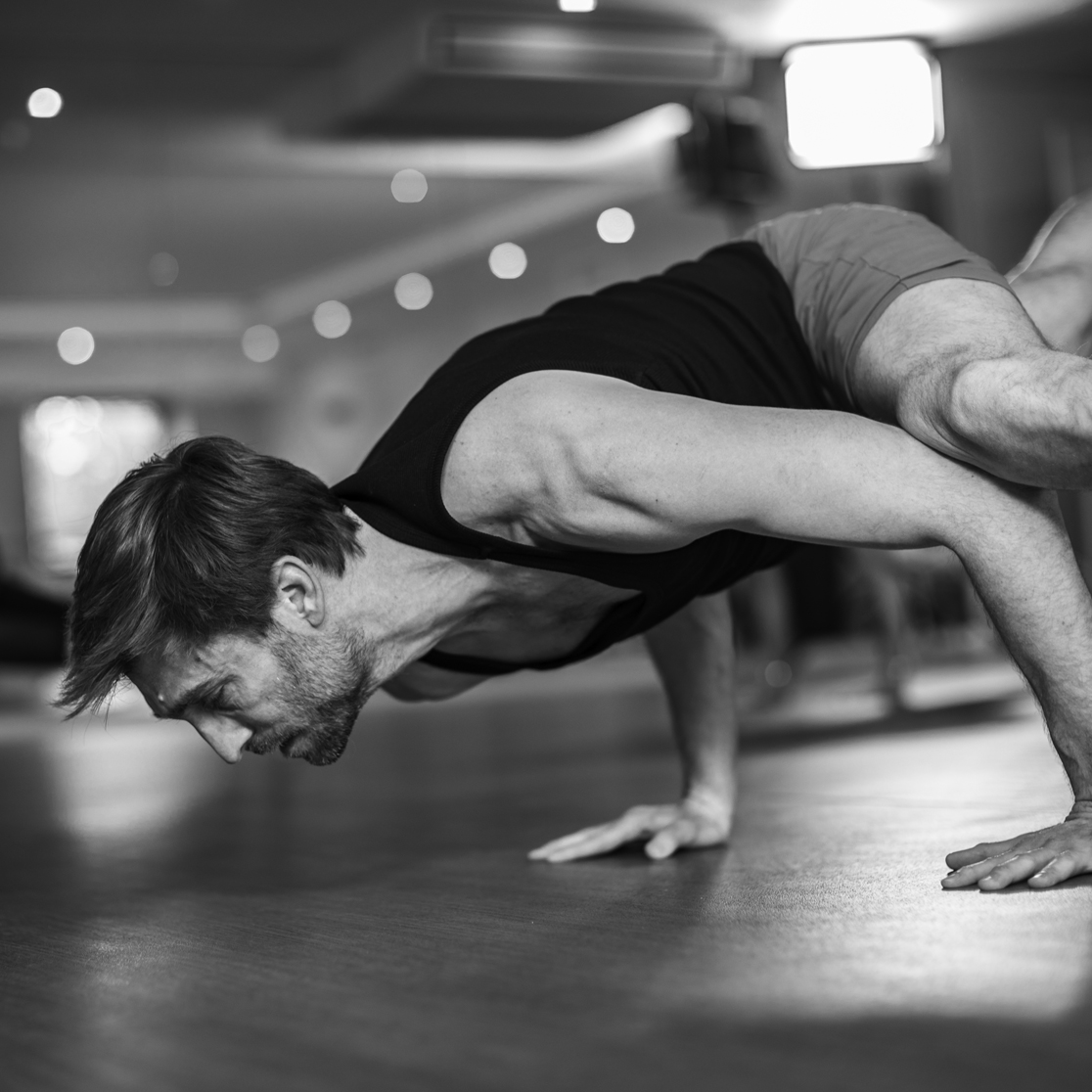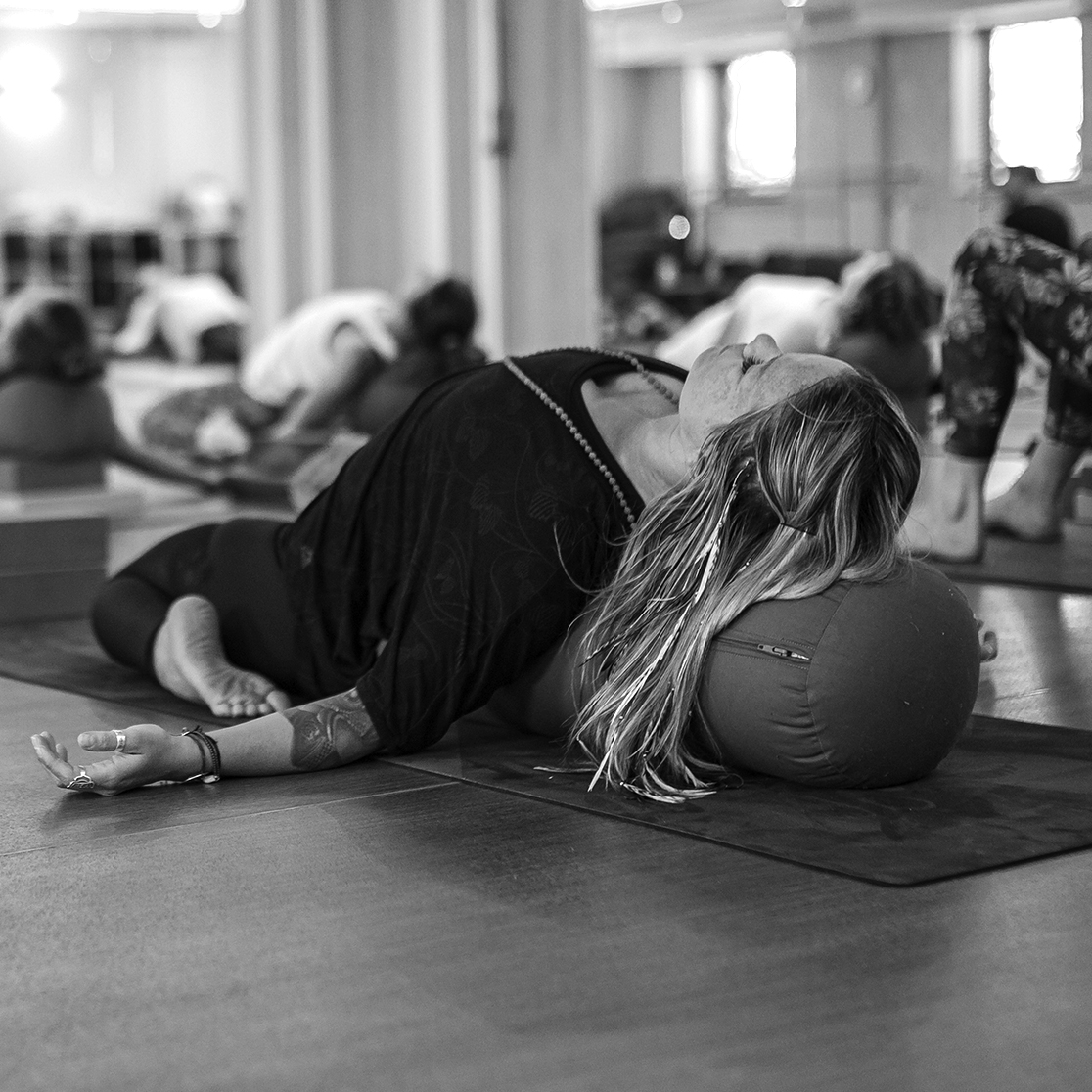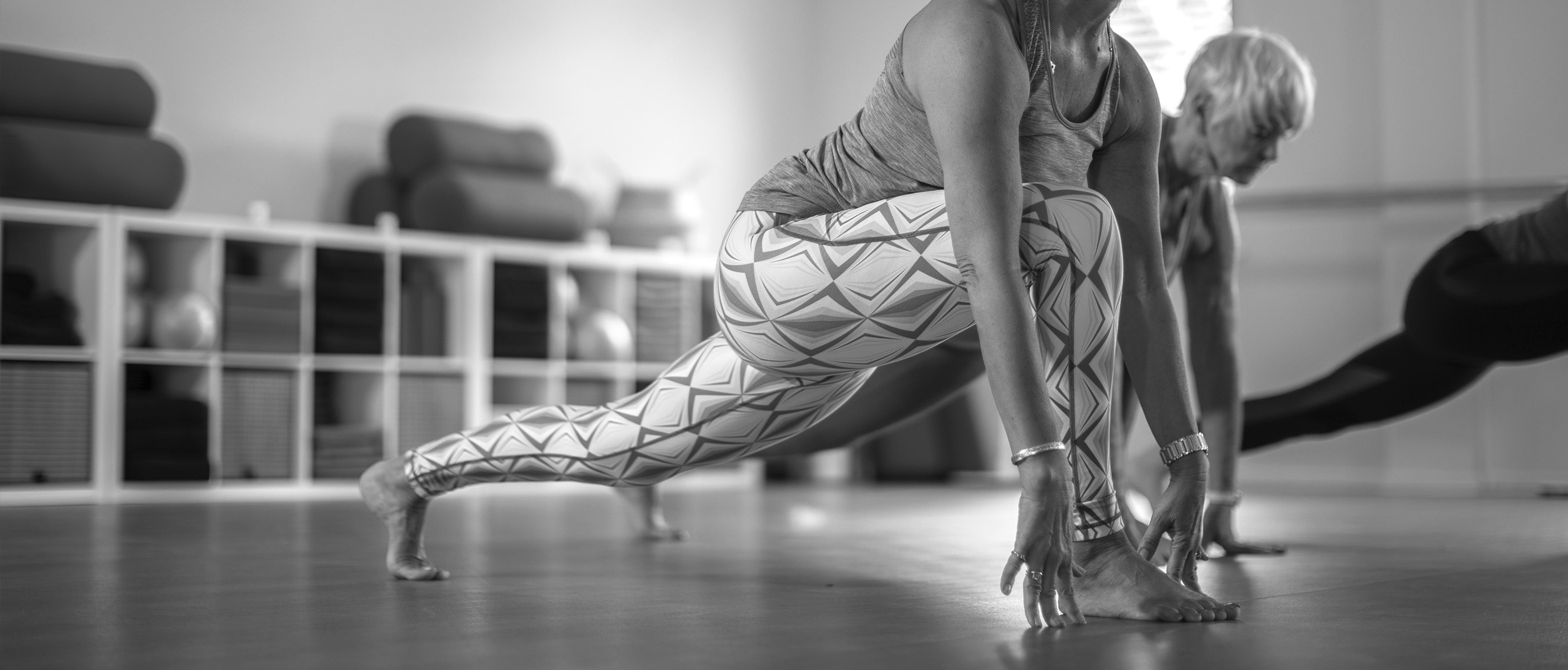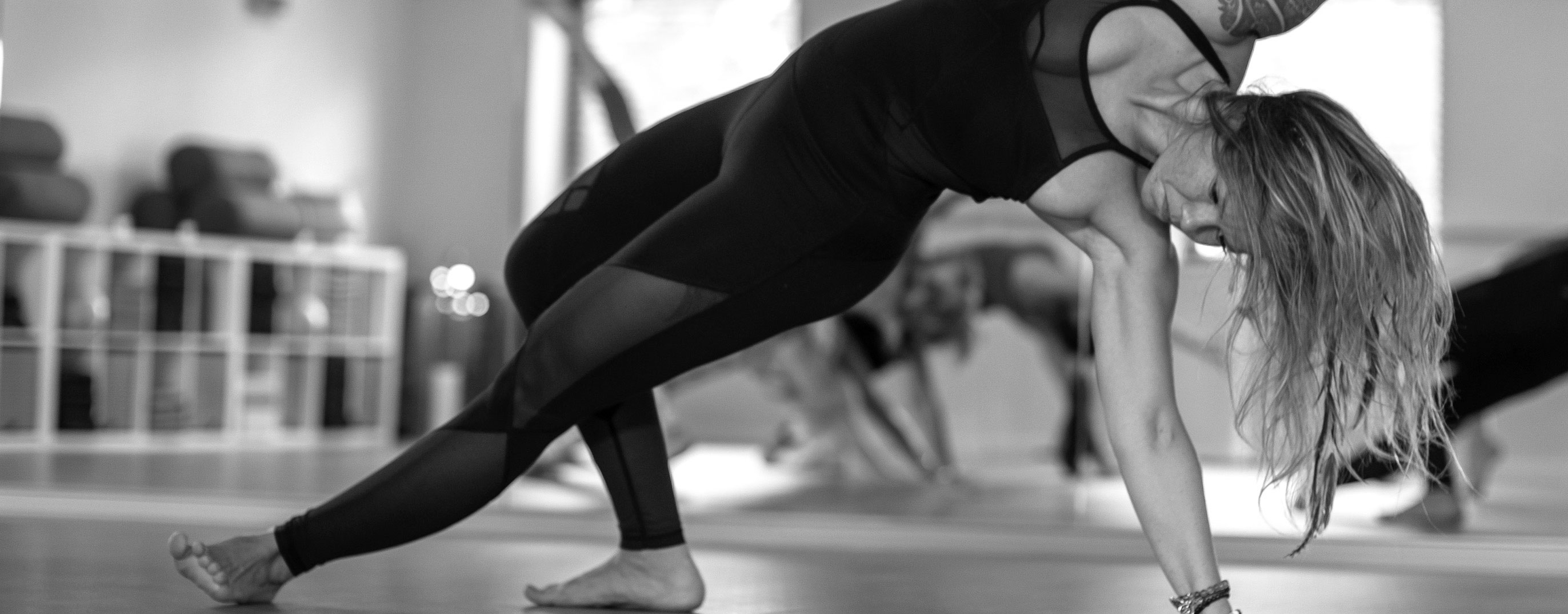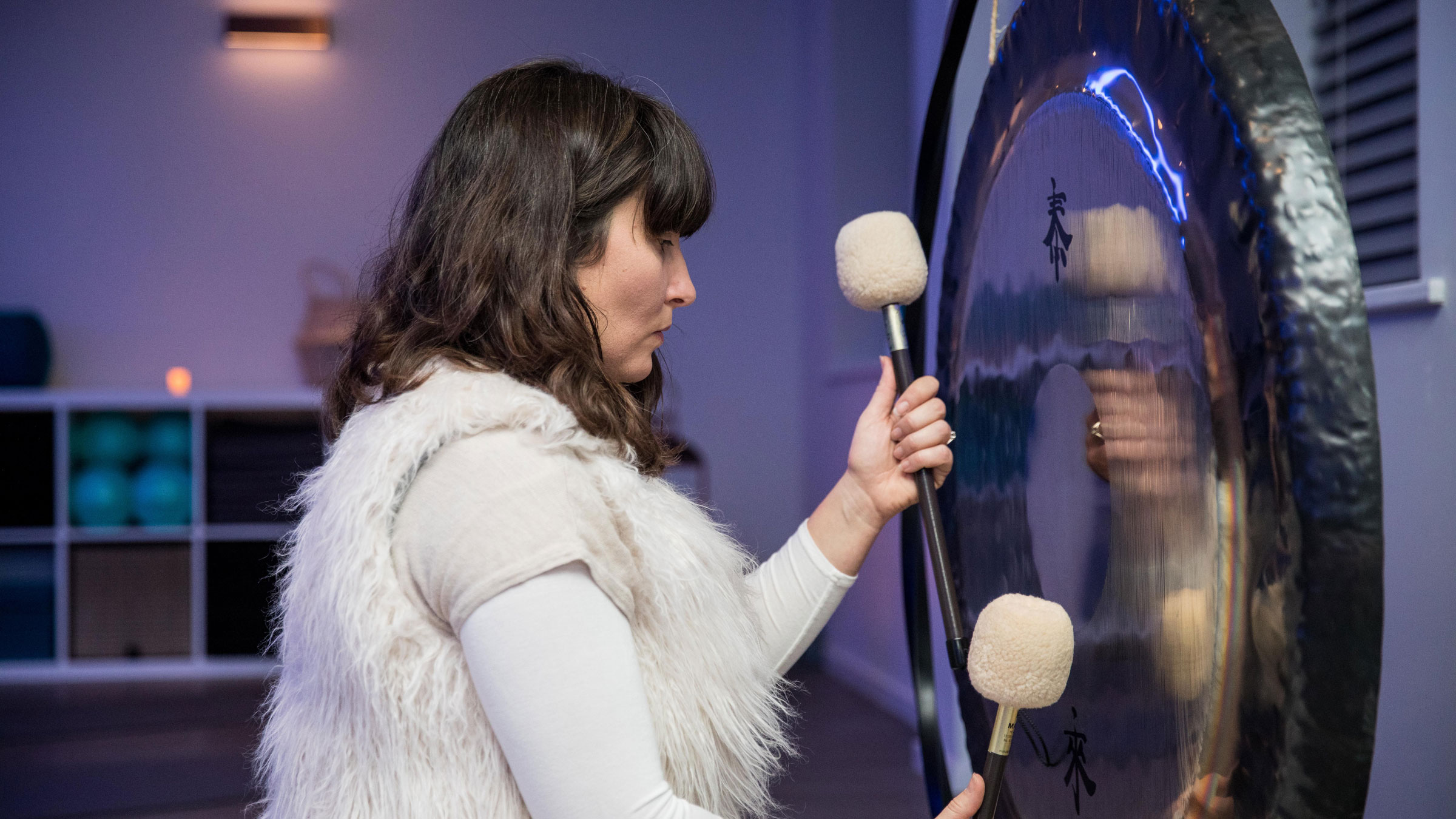Variety is the Spice of Pila
February 23, 2020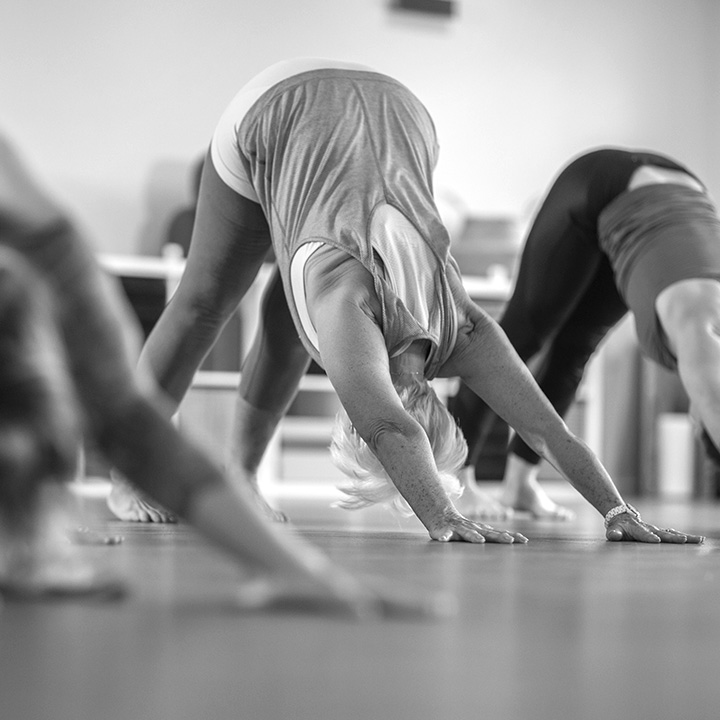
Here at Pila Yoga we are all about variety. We offer a wide range of different yoga styles on our timetable to suit every yogi; from total beginner to practitioner of many years.
Over our blogs we will continue to look at the different classes on offer in our peaceful studio in the heart of Marlow, to give a bit of background on each style, and also to give you an idea of what you might expect in the class.
Iyengar Yoga
How is Iyengar Yoga Different?
Iyengar is based in Hatha yoga. Hatha generally refers to a gentle style of practice. Iyengar is different in that the teacher concentrates heavily on alignment – and teaches that there is a correct way to perform each posture. As such, Iyengar is detail-focused and slow-paced.
Who should practice Iyengar?
Because practitioners are carefully guided by the teacher, Iyengar yoga is good for beginners. The fantastic Iyengar teachers at Pila will also talk you through the nuances of each pose – or asanas – ensuring greater understanding and aiming on proper alignment throughout the class.
This focus on proper alignment means that Iyengar yoga is also a good choice for those who have postural issues. Make sure you inform the teacher at the beginning of any class of any physical challenges you are experiencing, or any reduced mobility, so that they can guide you and support you where necessary.
If you are a well-seasoned yogi, however, a regular Iyengar class acts a great re-boot, to make sure you don’t get into bad habits as your flexibility and strength improve. A back-to-basics revision session, if you like, to underpin your more challenging sessions.
What are the benefits of Iyengar Yoga?
As with many Hatha-related yoga styles, the advantages of Iyengar are wide-ranging. Here are some of the key benefits that come from regular Iyengar practice:
- Improved flexibility
- Increased strength
- Better posture
- A calmer mind
